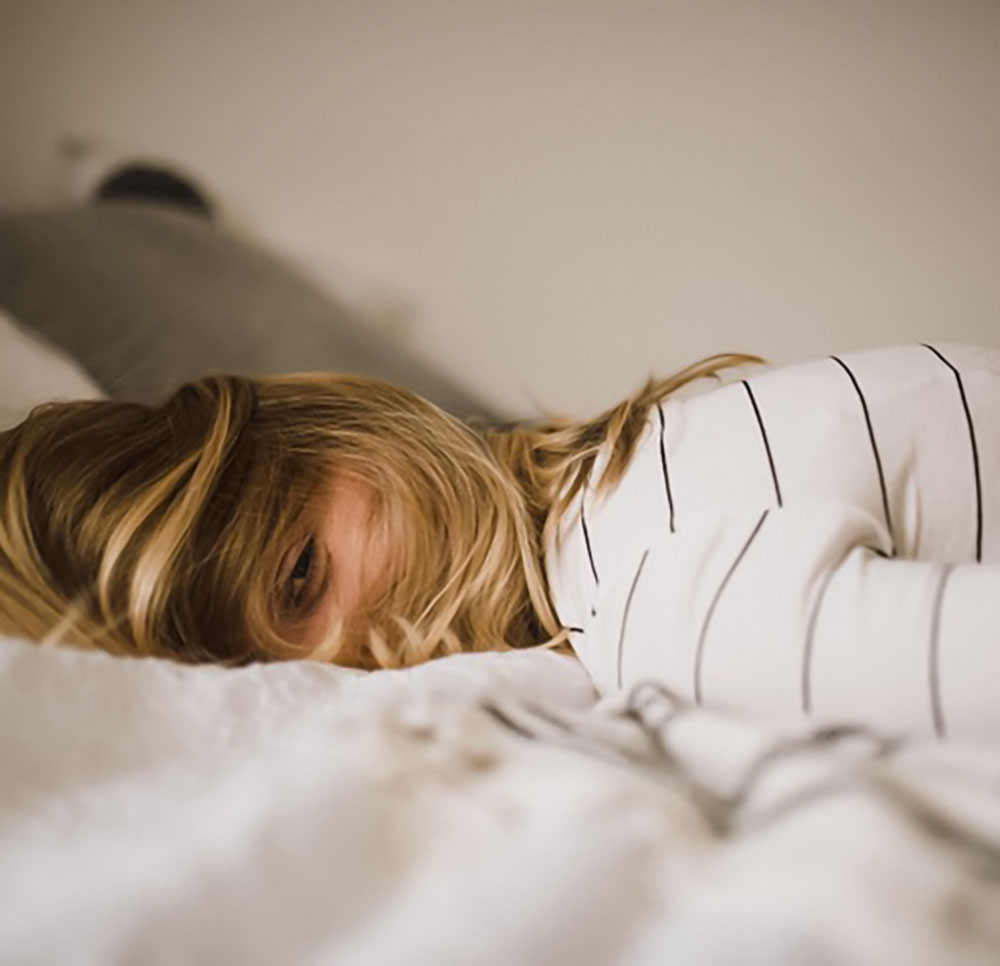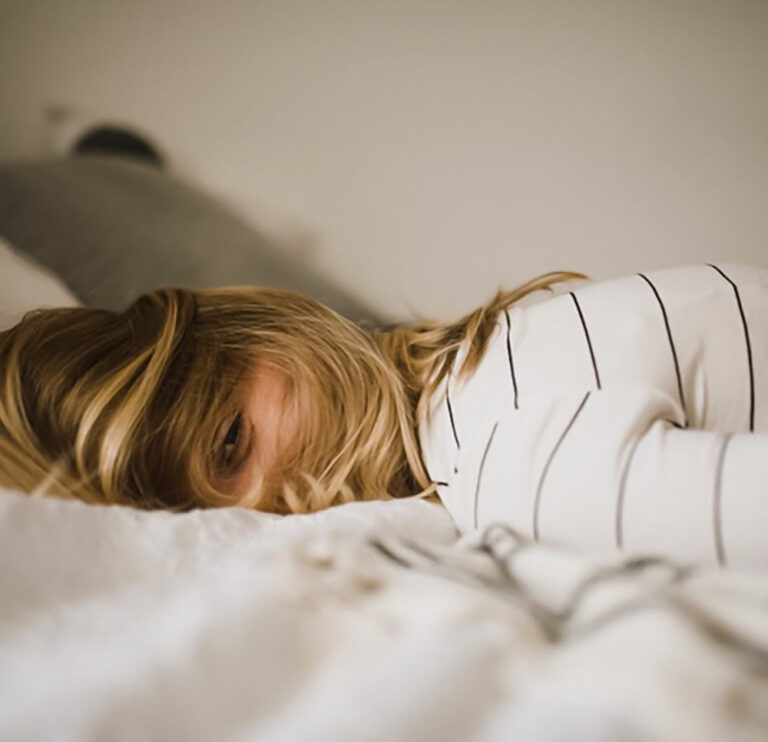Impact of Yoga for Better Sleep
If you find yourself struggling to fall asleep, tossing and turning during the night – you are not alone. Many of us suffer from sleep problems, and we all know there is nothing better than waking from a sound slumber.
In all the years I’ve taught yoga, the #1 reason people practice it is to seek stress reduction. In this article, I will share how yoga can help with sleep problems and answer common questions related to yoga and sleep.
The Science Behind Yoga and Sleep
Recent research reveals what the ancient yogis knew thousands of years ago – that the many health benefits of yoga include stress relief through improved mental clarity, increased flexibility, greater strength, and improved well-being and outlook on their world.
Research has also revealed a strong connection between the practice of yoga and better sleep.
In my opinion, the biggest reason yoga helps with sleep problems is when the practitioner coordinates breath work while moving through and holding poses. These controlled breaths – both in expanding the chest or expanding the belly on the inhale, slowing the breath to allow for pauses between inhalation and exhalation can serve to activate the parasympathetic nervous system, which is responsible for promoting relaxation and reducing stress levels.
This increased vagal tone causes a cascading effect of increased heart rate variability (the higher the HRV the better) and releases of hormones that improve health.
How to Bring Yoga into Your Bedtime Routine
Incorporating yoga into your evening routine is simple. Begin by finding a location in your home that is calm and peaceful. When my children were young we lived in a very small house, so my “peaceful space” was the closet. While you might not consider being surrounded by hanging clothes calming, I kept the floor clutter-free, plugged in my diffuser scented with my favorite essential oil – lavender and patchouli – and enjoyed my alone time space.
Dim the room lights, light a few candles, and turn on soothing music. These elements can help set the stage for a more relaxing and restful experience.
Choosing postures that are gentle and calming is key to deep relaxation. Legs-up-the-wall, reclining bound angle, and deer pose are loved by all. Hold each pose for three to ten minutes, focusing on your inhalations being soft and full and your exhalations being smooth and complete. This practice will help you unwind and prepare your body for sleep.
The Benefits of a Good Night’s Sleep
We all know that getting a good night’s sleep is essential for our health and well-being. Sleep disorders can cause mental issues, moodiness, early onset dementia, weight gain, diabetes, and heart problems. Yoga can help break the cycle of poor sleep and allow us to sleep well.
When we sleep well, we wake up feeling refreshed and ready to face the challenges of the day. Some benefits of quality sleep include improved mood, better concentration, and a stronger immune system.
Yoga can absolutely help with sleep problems, if you put in the time.
If you’re like most of us – Sleep problems can take a toll on our mental, emotional, and physical well-being. Incorporating yoga into your life is a natural and effective way to improve the quality of your sleep. As you begin to experience the benefits of a restful night, you’ll find yourself in a brighter mood mentally, feeling more energized physically, and best of all – it’s natural and free!
XOMarianne
Frequently Asked Questions (F.A.Q.) about Yoga and Sleep
Absolutely! More than anything yoga is mindful breathing. Postures are designed for all ages and fitness levels, all you need to do is find the postures that are right for you. Check out my website calendar for a retreat that might interest you.
Rather than think about the yoga routine in terms of time, think of it more as a series of rituals that nourish your well-being. It can start with avoiding the late news or scrolling social media. Pouring a cup of calming non-caffeine tea. Drawing a bath with your favorite bath salts. Reading a good book. Then practice your few relaxation yoga poses for 10 to 20 minutes.
There’s no strict rule for what to do first – simply acknowledging that you are providing self-care in a progression toward hours of deep sleep at a reasonable time. Experiment with different rituals and durations to see what works best for you.
Yoga is not an instant cure-all for sleep disorders, but it certainly improves the quality of your health and well-being, and in turn your sleep. With regular practice, yoga helps reduce stress and anxiety, which are common causes of sleep problems like insomnia and sleep apnea. If you suffer from a severe sleep disorder or depression, it’s important to consult with a medical professional for a comprehensive treatment plan. There are great sleep centers that can help.








